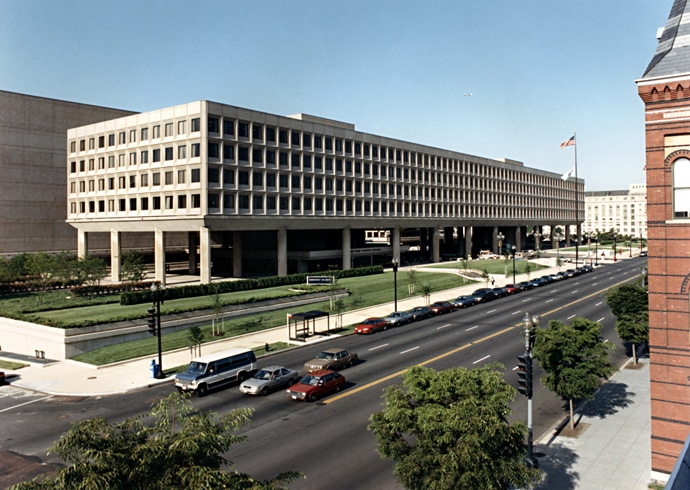From pv magazine USA
US battery manufacturing got a boost this week with the announcement of US$3.1 billion (AU$4.4 billion) in funding from President Joe Biden’s Bipartisan Infrastructure Law.
The infrastructure investment is intended to increase American-made batteries and components, bolster domestic supply chains, create good-paying jobs, and lower costs. The plan is to support the creation of new, retrofitted, and expanded commercial facilities as well as manufacturing demonstrations, and battery recycling. According to a recent PV Intel report, California is an example of a burgeoning US battery market with a big increase in solar-plus-battery installations just in the past year.
The Department of Energy (DOE) also announced a separate US$60 million (AU$85 million) to support second-life applications for batteries once used to power EVs, as well as new processes for recycling materials back into the battery supply chain. These funding opportunities are part of the government’s strategy to bolster America’s supply chain and reduce the reliance on competing nations. Currently China is the leader in the global lithium-ion battery production market, according to a Wood Mackenzie report. And while the US is supporting its battery industry, China is investing heavily to build out more manufacturing facilities to extend its dominance. Secondarily, these initiatives support the president’s goal of electric vehicles making up half the vehicle sales in North America by 2030.
“Positioning the United States front and centre in meeting the growing demand for advanced batteries is how we boost our competitiveness and electrify our transportation system,” said US Secretary of Energy Jennifer M. Granholm. “President Biden’s historic investment in battery production and recycling will give our domestic supply chain the jolt it needs to become more secure and less reliant on other nations – strengthening our clean energy economy, creating good paying jobs, and decarbonising the transportation sector.”
With increased proliferation of electric vehicles, the global lithium-ion battery market is expected to grow rapidly over the next decade. In addition to ramping up R&D and manufacturing, responsible and sustainable domestic sourcing of the critical materials such as lithium, cobalt, nickel, and graphite, will help avoid or mitigate supply chain disruptions and accelerate battery production in America.
“I secured provisions in the Bipartisan Infrastructure Law to support the domestic critical mineral supply chain used in battery production,” said US Senator Catherine Cortez Masto (Nevada). “Nevada’s innovation economy is at the forefront of battery manufacturing and recycling, and the infrastructure law could bring vital new investments to the state.”
The “Battery Materials Processing and Battery Manufacturing” and “Electric Drive Vehicle Battery Recycling and Second Life Applications” funding opportunities are aligned with the National Blueprint for Lithium Batteries, authored by the Federal Consortium for Advanced Batteries, and led by DOE and the Departments of Defense, Commerce, and State.
These funding opportunities are the first to be released as a collaboration between DOE’s Office of Energy Efficiency and Renewable Energy and the new Office of Manufacturing and Supply Chains, created by the DOE’s organisational realignment to ensure that the Department has the structure needed to effectively implement the clean energy investments in the Bipartisan Infrastructure Law and the Energy Act of 2020.
This content is protected by copyright and may not be reused. If you want to cooperate with us and would like to reuse some of our content, please contact: editors@pv-magazine.com.









4 comments
By submitting this form you agree to pv magazine using your data for the purposes of publishing your comment.
Your personal data will only be disclosed or otherwise transmitted to third parties for the purposes of spam filtering or if this is necessary for technical maintenance of the website. Any other transfer to third parties will not take place unless this is justified on the basis of applicable data protection regulations or if pv magazine is legally obliged to do so.
You may revoke this consent at any time with effect for the future, in which case your personal data will be deleted immediately. Otherwise, your data will be deleted if pv magazine has processed your request or the purpose of data storage is fulfilled.
Further information on data privacy can be found in our Data Protection Policy.